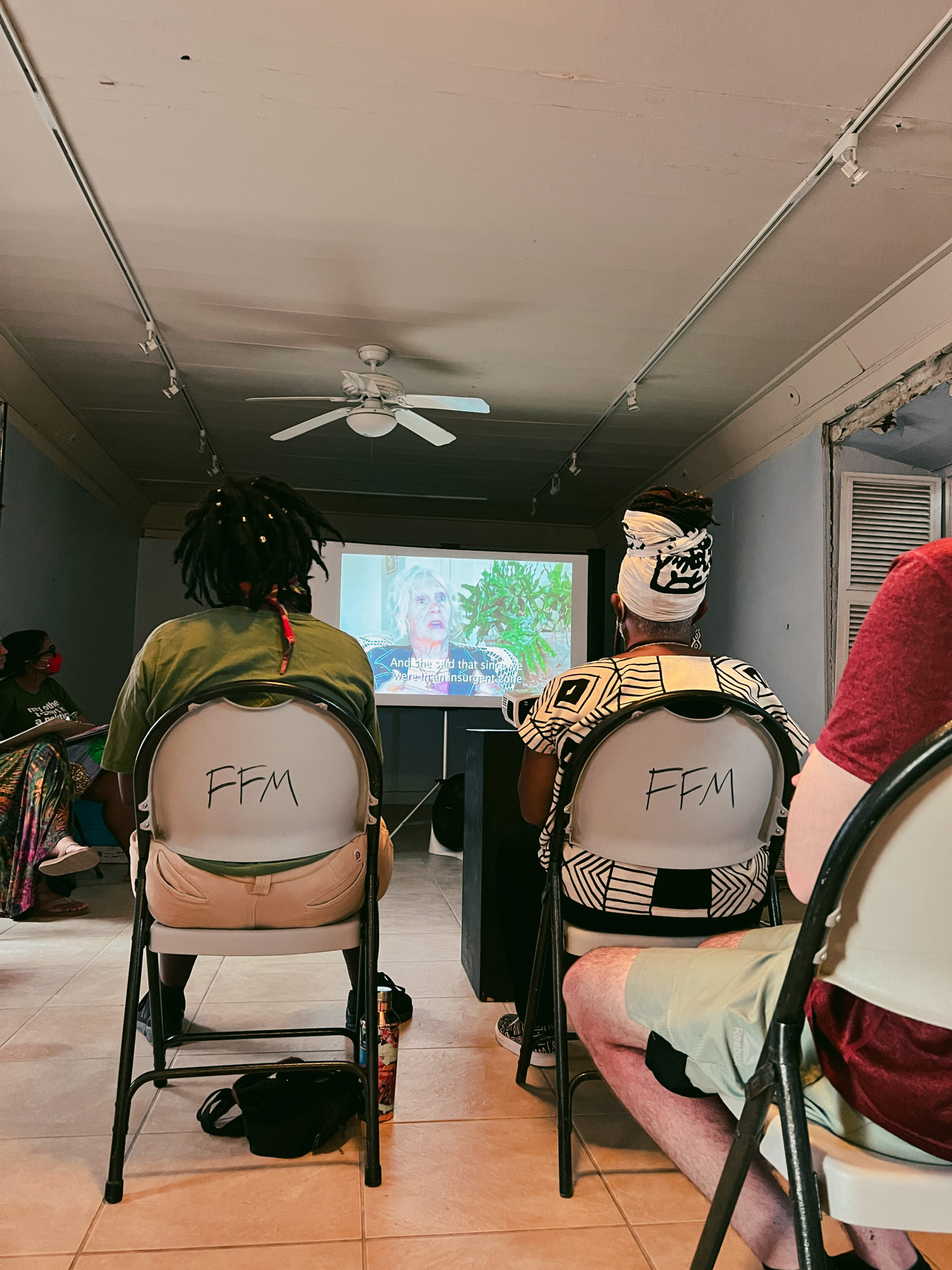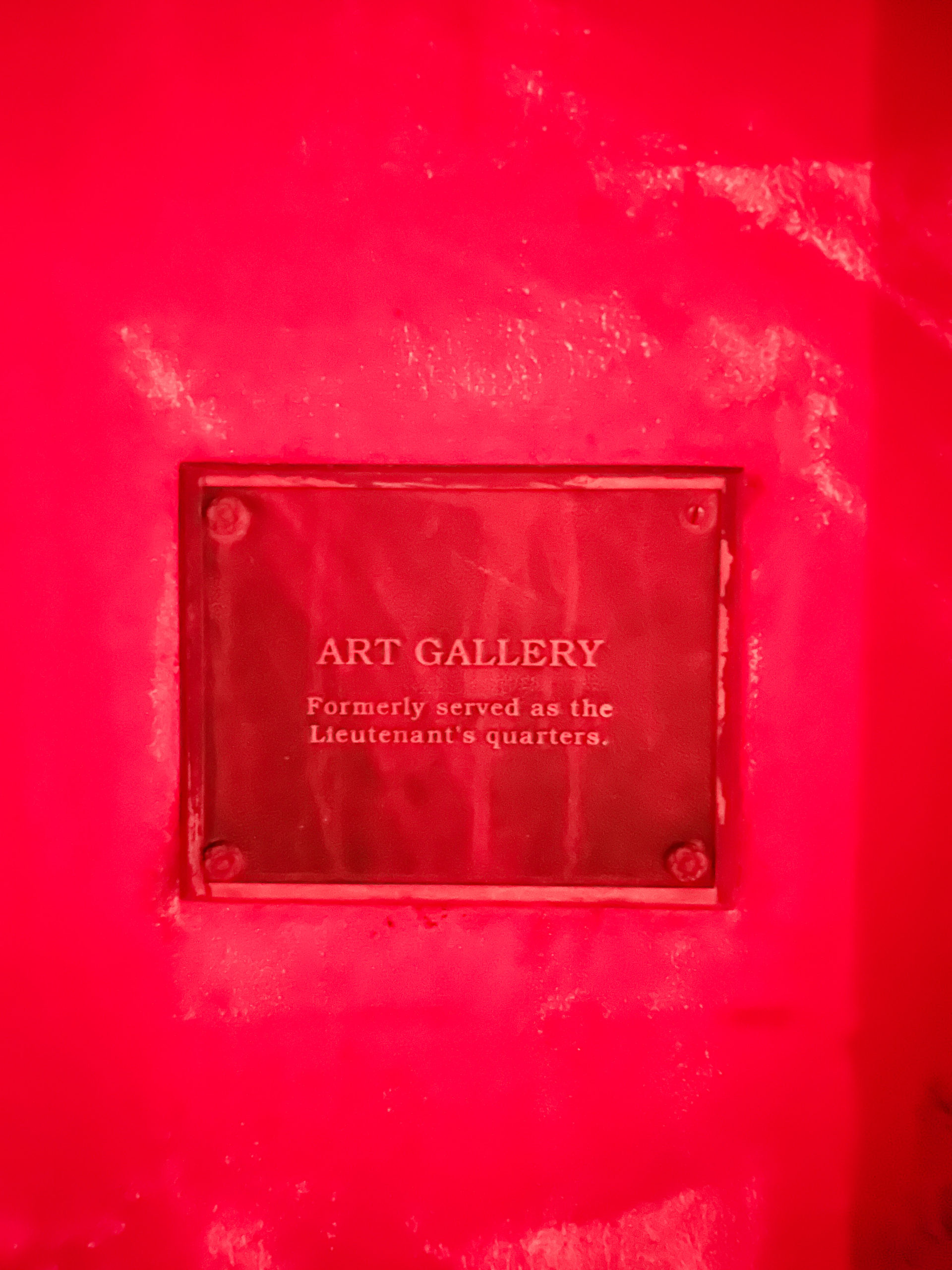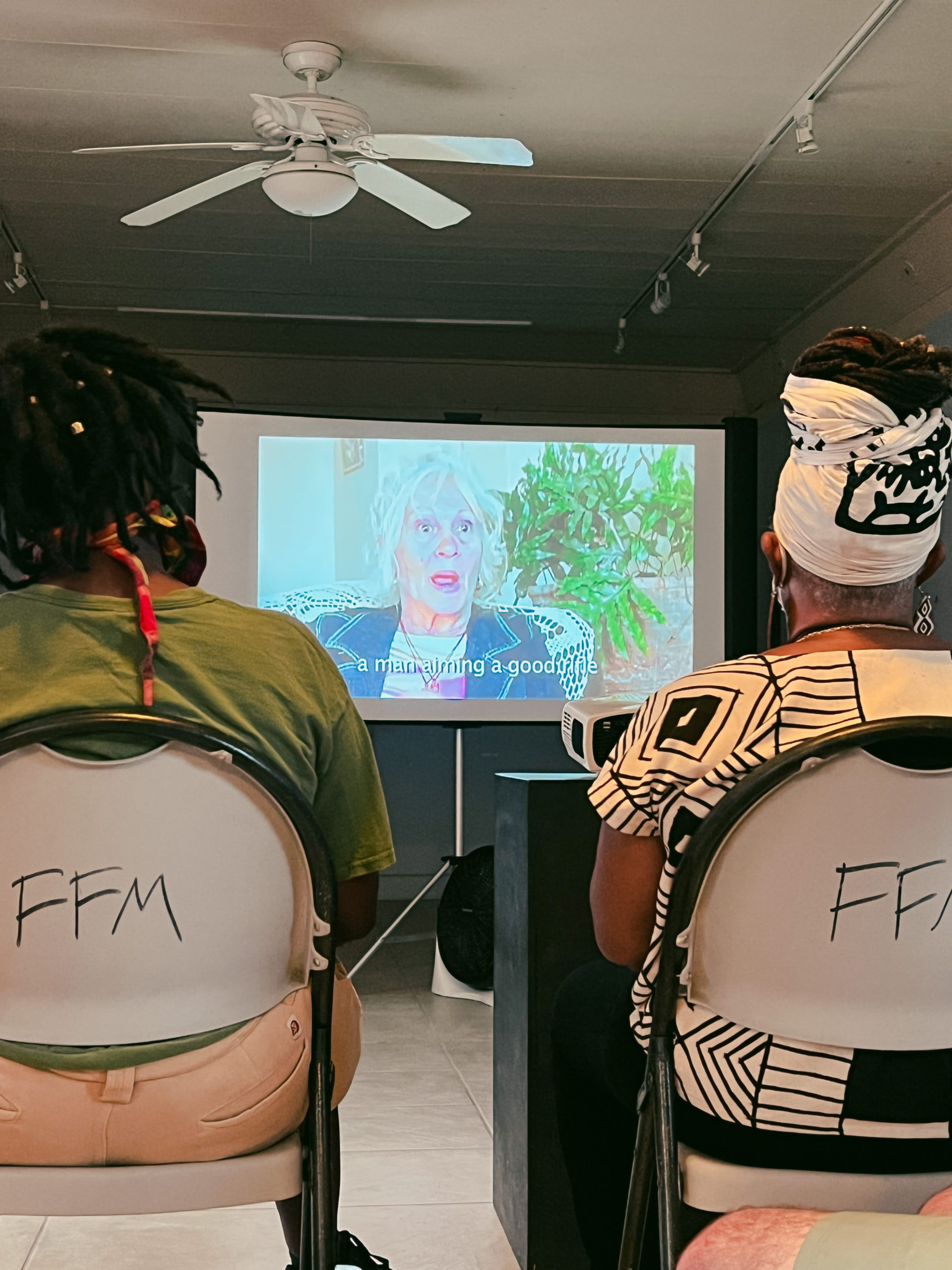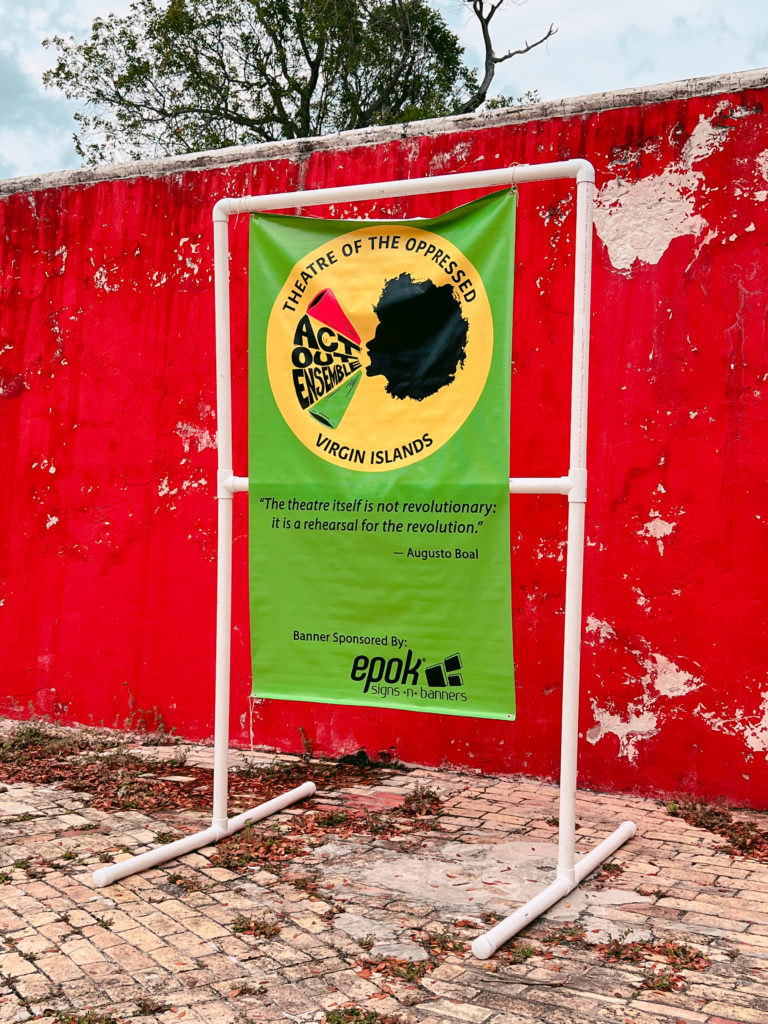Traveling is a great way to see new lands, meet new people, and to a certain degree, experience new cultures and alternative lifestyle ideas.
But what happens when traveling becomes your new reality? It’s no longer vacation all the time. You have to come up with a schedule and have discipline. It’s no longer sun and fun all day, it’s – ‘let’s continue to work on myself, meet people in the community, and get involved.’ Oh, and you have to actually work.
So here I am Wednesday night in my new life – there’s a screening of a short film in town followed by a discussion circle.
The 32-minute film is called Maestra; a documentary about how Cuba, a mostly illiterate nation in 1960, formulated a campaign to teach its citizens to read and write. Today, Cuba has one of the highest literacy rates in the world. The film tells how Fidel Castro did it. It brings light to the current education system in America today and what we can do to improve it.
What I gathered from the film:
In 1961, Fidel Castro launched the Literacy Campaign and trained 250,000 literacy teachers, which consisted of 100,000 teachers under the age of 18 – the youngest being just 7 years old! Over 50% were women.
The film explored the personal testimonies of the women who went out to teach in rural communities. This opportunity was very exciting to them and transformed their view of the world and what they saw as possible for their lives.
Before setting out as teachers, many of the women had to beg and plead their families for permission to go. This was before teaching was a widely accepted profession in Cuba.
One of the biggest things that struck me about this film is A) in school, I learned that Fidel Castro was a dictator. This film, however, painted him in a new light – a man of power yes, but also one who acted out of the benefit of his people. And B) whether it was for pride or to become the most literate nation, it was still a noble effort that illustrates the impact that can be made in a nation beginning with a simple idea.
In 1961 alone, the 250,000 literacy teachers taught 700,000 citizens to read and write! Astounding.
In the discussion circle, we discussed how we each valued education and how it changed our lives. I felt extremely lucky to have my education. My education helped me to explore new opportunities for myself outside of what had been done in my family before. We discussed the holes in, and the cost of obtaining an education today. We discussed racism and injustices in the school system today. We discussed what we think can change.
I listened intently and listened more than I talked. A woman from Panama spoke with so much vigor and passion, and although she didn’t honor the rules of the circle (often talking over and interrupting others) I sensed a deep sense of pain but an even bigger desire to improve things.
Pedagogy of the Oppressed is a book that was recommended more than once tonight.
It is people of the world, of a nation, that will make the changes we need to see in the world. First, you have to identify the problems of the world. “How can you change the world if you’ve never seen it?”
& How can we gather and converse in ways that will lead to positive action?
We gather, we hold events, we speak our truth, we empathize, we make change. One conversation at a time.




I just read that in Mauritius, an independent island East of Madagascar, there is free schooling, free health care and free transportation for children and seniors.
The US is not the world, and lags behind in many important issues.
Good to learn different ways. Thank you, Kelly.
Kind of you to sense pain in a situation that might otherwise be annoying.
Few things and few people are all good or all bad.
Thanks for your blog, nice to read. Do not stop.